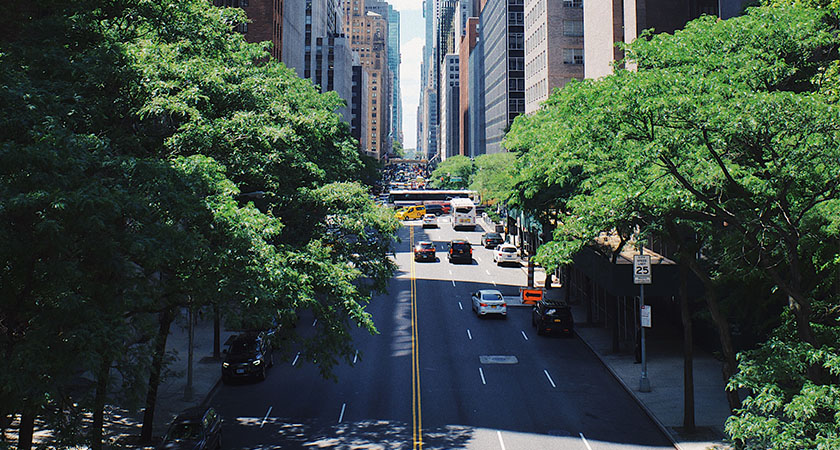Regrets
By ML Condike

“Wave to Papa,” my mother said. “We won’t see him for a while.”
“No.” I turned my back to the water and refused. He said when I turned seven he would
take me on his next fishing trip. When I saw him wave his black fishing cap, I knew my father
had broken his promise.
“You’ll be sorry, son. It could be months before we see him again. Do you want him to
remember you by your backside?” My mother looked sad.
“No.” I turned to wave, but I was too late. The boat had disappeared from view.
My mother was right. I would regret my behavior that day on the beach in Corfu. It was
the last day in my seven-year-old life that was normal. After that day, my world changed forever.
When we returned home, my mother packed a suitcase with a change of clothes, our
cherished Menorah, and father’s gartel. A man collected us at the street corner and drove us to
the port where we boarded a large ship.
“We’re going to America,” she said. “Uncle Hymie will meet us in New York.”
“What about Papa? How will he find us?”
“Papa has joined the Greek resistance.” Now at eighty as I stand staring at the small
trawler leaving the harbor, I can still see tears drip down my mother’s cheeks, but she
swallowed, sniffed and finally spoke. “We will see him when we see him.”
We made it safely to New York where Uncle Hymie met us at Ellis Island. He took us to
an apartment in Brooklyn where we made ourselves comfortable.
For the first year, I watched at the window day after day, hoping to see Papa walk down
the street toward our building. Mother didn’t talk about him even though I asked about him
constantly.
Finally one day she ordered me to stop asking. “We’ll see him when we see him.”
In 1942, word arrived that Papa was alive and living in Corfu. He’d managed to survive
the onslaught of Germans and Italians invading Greece. By then, I knew about the war. I’d read
the headlines in the newspaper stands. I was proud of my father.
I attended Hebrew school in Brooklyn while my mother worked in a garment shop. She’d
drop me off early in the morning then continued on to a garment factory in mid-town Manhattan.
In June of 1944 I arrived home late one afternoon and found my mother crying. I’d never
seen her this upset. She was holding a telegram from The American Jewish Joint Distribution
Committee. I didn’t have to read it. I knew what it said. Papa wasn’t coming home.
The Germans had captured Papa in a purge. He died in a gas chamber at Auschwitz.
I didn’t cry at the news, but my bad behavior that day on the beach in Corfu haunted me
for my entire life. When I had children, I told them my story whenever they were being
particularly stubborn. My son would interrupt and finish the story he knew so well. I didn’t want
them to grow up living with regret for an unkind or selfish act.
Although I wanted to, I never returned to Greece. I talked about visiting Corfu, but life
got in the way along with college tuition for my five children. That is, until I turned eighty.
“Papa, we have a special gift for your 80 th birthday,” my son Benjamin said. “Laura and I
are going to Greece for a vacation and we have bought a ticket for you.”
“I’m too old to travel.” I should have said thank you.
“No you’re not. It’s an important journey for you. We are going to Corfu.”
I couldn’t find words so I nodded.
Once in Corfu, I walked to the beach where I last saw my father. It was the same
Mediterranean. The air smelled of the salt, but the fishing boats were gone, replaced with yachts.
I removed my shoes, rolled up my pant legs, and stood with my toes in the wet sand, warm water
washing over them.
A yacht passed by and a small boy waved.
I waved my cap at him, a cap like father wore. Then I hung my head and cried for Papa.
